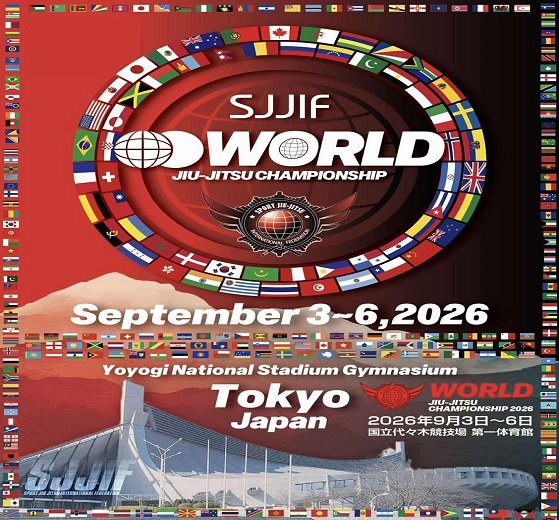In the world of mixed martial arts (MMA), defeat is an integral part of a fighter’s journey, but how one deals with it determines the future. Israel Adesanya, the former UFC middleweight champion, is now facing a new chapter in his career after losing by technical knockout to Nassourdine Imavov at UFC in Saudi Arabia. However, “The Last Stylebender” seems to adopt a different approach to the idea of revenge, raising questions about the future of a potential rematch between the two fighters.
A Defeat That Shook the Fighting World
During the UFC event in Saudi Arabia, the audience witnessed a shocking moment when Nassourdine Imavov ended the fight with a technical knockout in the second round, securing a major victory over Adesanya. This loss was a heavy blow for Adesanya, who is considered one of the greatest middleweight fighters in history. However, instead of sinking into frustration, Adesanya chose to handle the defeat with a different philosophy.
Revenge Is Not a Priority for Adesanya
Unlike many fighters who seek revenge after a loss, Adesanya does not seem eager to face Imavov again. During his appearance at UFC 312, Adesanya stated: “I was asked if I wanted a rematch against Imavov.
My answer is: why? It’s not necessary, unless he becomes champion one day and I get the opportunity to face him again. But I don’t need to relive that fight.”
This statement reflects Adesanya’s realistic view of the sport, where he believes that revenge should have a strong sporting reason, not just be an emotional reaction. He added: “It’s not about personal stories. If he becomes champion and I find my way back to the title, then yes, why not. But for now, it’s not necessary.”
Adesanya’s Philosophy: Learning from Defeat
For Adesanya, every experience, whether a win or a loss, is part of the growth and improvement process. He said: “Honestly, I wouldn’t change anything. Experiencing these moments, regardless of the outcome, is making history. I make history even when I lose. And I’m even grateful to Nassourdine Imavov because we had a real fight. He beat me. Well done, let’s move on.”
This approach demonstrates Adesanya’s maturity, as he prefers to focus on personal growth rather than engaging in personal conflicts. For him, defeat is not an end but an opportunity to learn and improve.
The Future of the Fight: Will We See a Rematch?
Although Adesanya does not feel the urgent need to face Imavov again, he does not completely rule out the idea of a rematch in the future. He said: “If he becomes champion and I find my way back to the title, then yes, why not.” This means that a second fight between the two could be possible if it coincides with a major sporting context, such as a title race.
Strategic Analysis
From a strategic perspective, Adesanya’s decision not to seek immediate revenge could be wise. Focusing on improving his skills and regaining his confidence might be more beneficial in the long run. Additionally, avoiding repeated confrontations with the same opponent can help maintain the element of surprise and prevent redundancy that the opponent might exploit.
Conclusion: A New Philosophy in the Fighting World
Israel Adesanya teaches us a lesson on how to handle defeat with dignity and wisdom. Instead of being consumed by the desire for revenge, Adesanya prefers to focus on personal development and learning from every experience. We may not see a rematch between Adesanya and Imavov anytime soon, but if it happens, it will be in a sporting context worth following.
In the end, Adesanya proves that fighting is not just about wins and losses but also about a journey of learning and growth. It is this philosophy that makes him one of the most respected fighters in the world of mixed martial arts.



